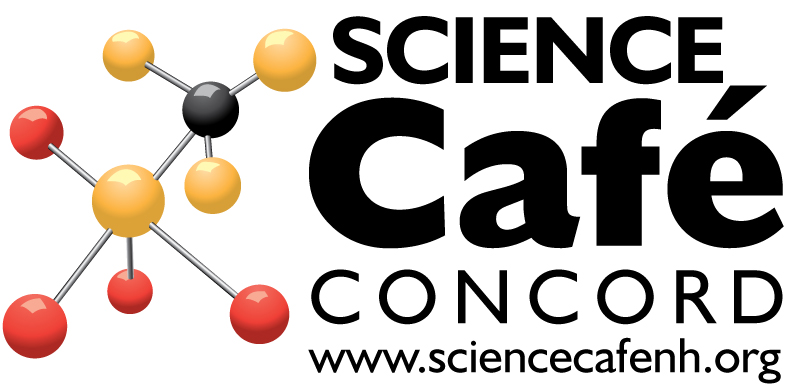Here’s an advance look at my column which will run in tomorrow’s Concord Monitor and Nashua Telegraph – maybe it will prod you into attending Tuesday’s Science Cafe Concord – 6 p.m. at The Draft Sports Bar. Free, of course. CRISPR and its ramifications are more likely to affect our lives in the net decade than almost anything happening in science right now, so it behooves us to understand it.
What if you could give your next child fluorescent hair? Using the topic of this month’s Science Cafe Concord you may be able to, in the not very distant future.
“It can lead to designer babies – a term that everybody has used, but the word ‘designer’ doesn’t always come out to be better, more suitable,” said Subhash Minocha, professor of plant biology and genetics and UNH, and one of two panelists who will be at the Science Cafe to answer questions about the gene-modification breakthrough called CRISPR.
Minocha chose the far-fetched idea of glowing, as well as flowing, locks to illustrate the scope of what’s possible with CRISPR. The technology, which make clever use of naturally occurring enzymes and DNA sequences in bacteria, allows for very precise, very fast and very cheap editing of genetic sequences.
Minocha gives a technology parallel, saying that if current gene-editing techniques are equivalent to old landline telephones, then CRISPR is the newest of smartphones.
“If parents want their daughter to have fluorescent hair, they can do that, no problem. Of course you can dye her hair fluorescent now, but that goes away.
Genetic changes are not reversible – and they are transmitted to the next generation. That’s girl would have children who would have fluorescent hair, too, unless she decided to change their (genes),” he said.
This sounds appalling, even scary. Now consider another scenario.
“Two parents are carriers of the cystic fibrosis gene, which means the odds are that one-quarter of children will have. If you want to remove that possibility, you can do that, and ensure that your grandchildren will never have cystic fibrosis,” he said.
This sounds wonderful. So which is it?
“One can call it scary, but one can say what a wonderful technology if we use it the right way – and ‘right’ is the controversial issue,” Minocha said.
Minocha notes that the United Kingdom recently approved the use of CRISPR on human embryos in the first week of growth as a way to study very early gene development, something we need to understand better if we’re going to cure genetic diseases.
But he also notes that James Clapper, U.S. director of national intelligence, has called CRISPR a “weapon of mass destruction” because of its potential to create lethal diseases.
“What happens in nature is random, but we select it. When you can do things faster, targeted, with more precision, that gives you more power tools and more and that’s why it creates problems, as well,” he said.
This makes CRISPR a perfect topic for Science Cafe, the free monthly gathering in a bar where you get to ask questions of experts about a topic. This technology is going to be affecting our lives, so it behooves us to know about it.
The cafe starts at 6 p.m. in The Draft Sports Bar, 67 S. Main St., Concord. Everybody is welcome.
CRISPR, by the way, stands for the mouthful of a name for a DNA sequence that is an ancient defense mechanism found in many bacteria which forms the basis of the technique. The full name of the technique is CRISPR/Cas9, with the stuff to the right of the the forward slash referring to an enzyme that “snips” DNA and allows for genes to be added, removed, rearranged or inserted.
But we’ll stick with CRISPR, even though it looks like the name of such vowel-challenged tech startup.
Speaking of acronyms, Minocha has coined a clever one to describe part of the future we’re about to face. It’s a play on “genetically modified organism.”
“With all the controversy we get over GMOs, wait until we get CEOs,” he said. CEO? Sure, he said: “CRISPR-edited organism.”
You read it here first.


 Return to the Concord Monitor
Return to the Concord Monitor
I was thinking by the end of the century, but ten years! Wow!
CRISPR is simply the most important discovery since… ever. Self designing our genome… nothing else comes even close. Computers, fission, electricity, steam power, movable type, gunpowder, writing, the wheel, control of fire, all are of vast importance but are trivial in comparison to the reality of CRISPR. How about giving your kids another 75 IQ points, truly opposable thumbs, the ability to regrow limbs, in addition to safety from every hereditary disease or negative bodily condition like, oh, say… aging.
,
“Truly opposable thumbs”? I must admit I hadn’t thought of that one!